14 Things Women Over 30 Are Tired of Hearing

Turning 30 doesn’t come with a handbook, but it certainly comes with plenty of unsolicited opinions. Women in their thirties navigate a world that seems determined to comment on their life choices. From relationship status to career decisions, the commentary never stops – and frankly, it gets old faster than we do.
1. When are you getting married?
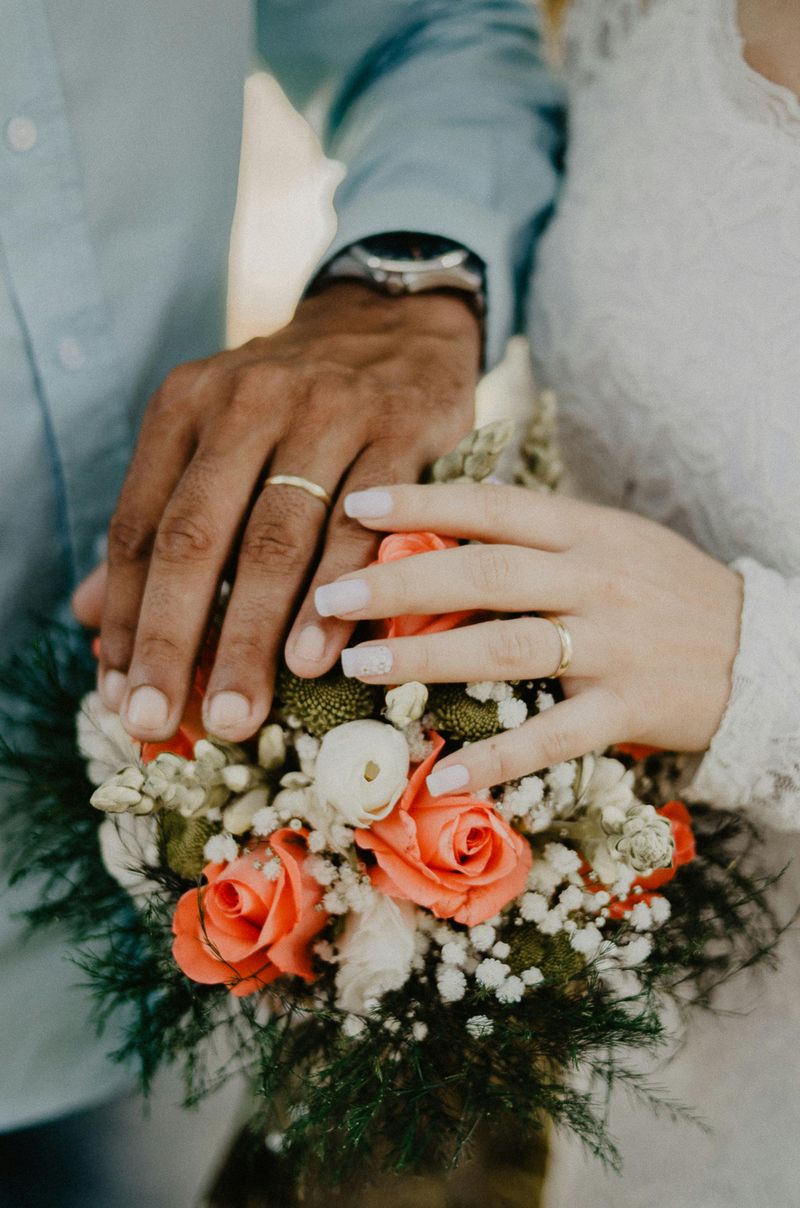
The moment a woman hits 30, this question becomes as common as morning coffee. Family gatherings transform into interrogation sessions about potential partners and wedding dates.
What people don’t understand is that marriage isn’t a mandatory checkpoint on life’s highway. Some women are building careers, traveling the world, or simply haven’t met someone worth committing to forever.
Others might not want marriage at all – a perfectly valid choice that shouldn’t require constant explanation. The timeline for major life events isn’t universal, and marriage shouldn’t be treated like an overdue assignment that needs immediate attention.
2. When are you having kids?
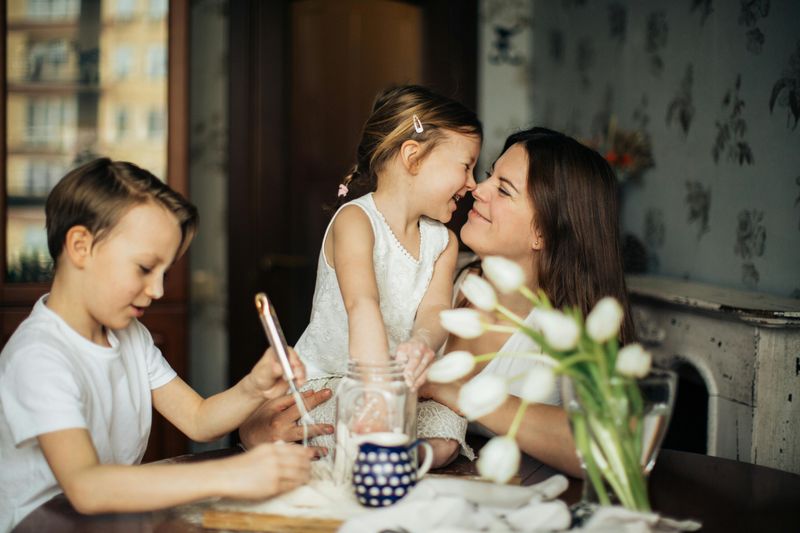
Nothing crosses personal boundaries faster than this question. The assumption that every woman wants children – or can have them – reveals how little thought goes into this seemingly casual inquiry.
Behind this question might lie painful struggles with infertility, medical conditions, financial constraints, or simply a personal choice not to become a parent. Yet it’s tossed around at dinner parties like asking about the weather.
Women’s reproductive choices are deeply personal, not public property for discussion. The decision to have children involves countless factors that strangers, acquaintances, and even family members aren’t entitled to weigh in on without invitation.
3. You’ll change your mind about kids
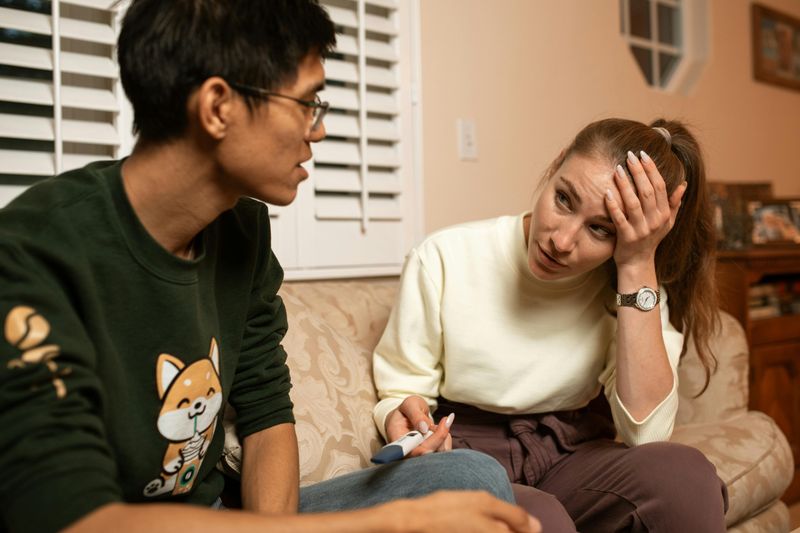
The confidence with which people deliver this statement is truly remarkable. Somehow, they believe they understand a woman’s desires better than she does herself – as if thirty years of self-knowledge counts for nothing.
This dismissive comment invalidates thoughtful decisions that many women have carefully considered for years. It suggests that maternal instinct will eventually override any rational choice, reducing complex human beings to biological imperatives.
Women who choose childless lives have usually weighed their options thoroughly. They’ve considered their goals, values, and what brings them fulfillment. Assuming they’ll inevitably regret their choice isn’t concern – it’s condescension masked as wisdom.
4. You don’t look 30!
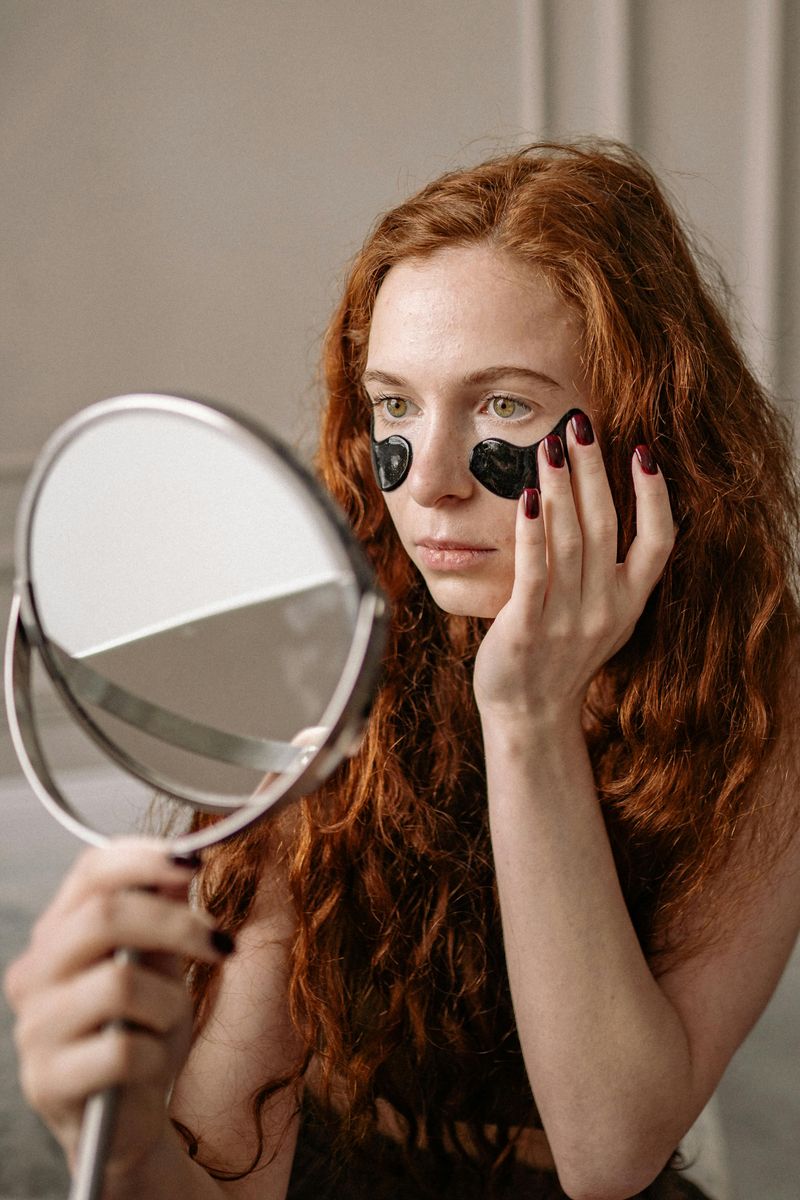
While intended as flattery, this backhanded compliment reveals troubling assumptions about aging. The surprise in someone’s voice suggests that looking your age is somehow terrible – as if visible signs of living should be hidden away like shameful secrets.
Women are expected to maintain a perpetual youth while simultaneously being mature, accomplished professionals. The pressure creates an impossible standard where natural aging becomes something to fear rather than accept.
Thirty isn’t old – it’s experienced. Those laugh lines represent years of joy, those frown lines show determination through challenges. A woman’s appearance at any age deserves respect, not evaluation against some arbitrary standard of eternal youth.
5. Your biological clock is ticking

This anxiety-inducing statement reduces women to walking reproductive systems. As if women aren’t already aware of fertility timelines – thanks to endless reminders from medical professionals, media, and well-meaning relatives.
The metaphor of a ticking clock creates unnecessary pressure and stress. Women today balance career advancement, financial stability, finding the right partner, and personal readiness when considering parenthood.
Modern medicine has expanded options, and many women successfully have children in their late thirties and forties. Others adopt or choose child-free lives. Either way, constant reminders about fertility decline only add stress to an already complex decision that belongs solely to the woman in question.
6. You should freeze your eggs

Casually suggesting a complex medical procedure shows how little people understand what they’re recommending. Egg freezing involves hormone injections, surgical extraction, significant expense, and no guarantee of success.
The suggestion often comes from well-meaning people who don’t realize it can cost $10,000-$15,000 per cycle plus annual storage fees. Insurance rarely covers these expenses, making it financially impossible for many women regardless of their interest level.
The physical and emotional toll isn’t minor either. Women undergo weeks of hormone treatments, regular monitoring, and an invasive retrieval procedure – all while managing regular life responsibilities. This isn’t a casual decision to be suggested over brunch like trying a new restaurant.
7. Don’t worry, 30 is the new 20
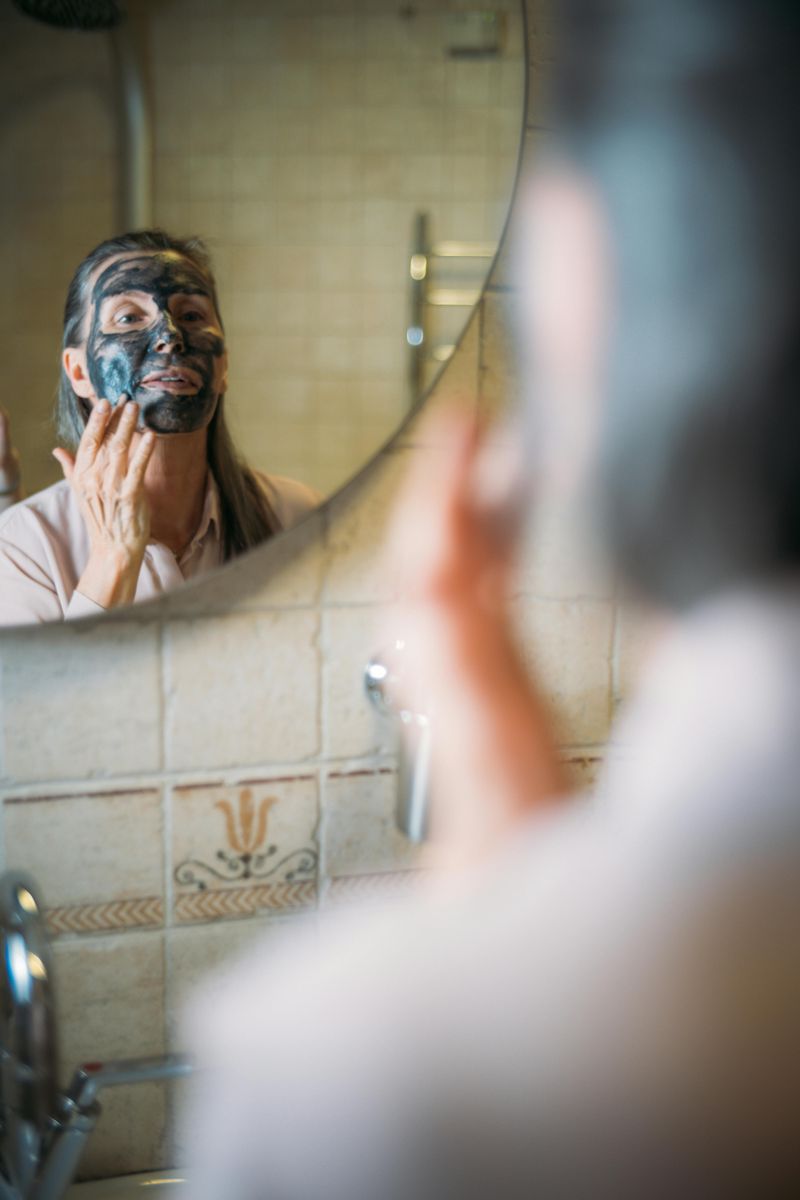
This strange consolation assumes women need reassurance about reaching their thirties. The statement suggests thirty somehow needs rebranding to be acceptable – as if wisdom, stability, and self-knowledge are less valuable than youth.
Many women find their thirties liberating. They’ve developed stronger boundaries, clearer priorities, and care less about others’ opinions. Financial stability often improves, and career paths become more defined.
The truth is, thirty isn’t twenty – and that’s wonderful. Most women don’t want to relive their twenties with all its uncertainty and identity formation. Thirty brings confidence that comes from experience, something no amount of youthful energy can replace.
8. You’re so lucky you don’t have kids yet!
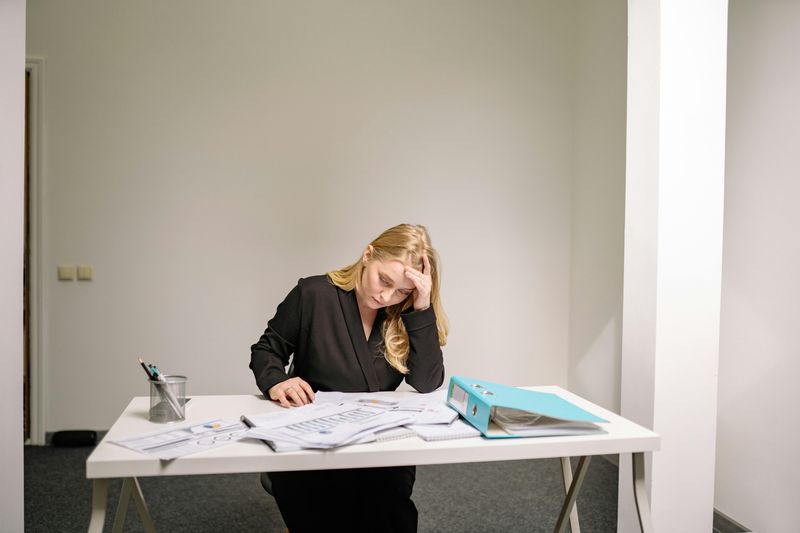
The backhanded nature of this comment stings whether someone wants children or not. For women actively trying to conceive, it dismisses their struggle. For those choosing not to have children, it suggests their life is merely a carefree prelude to real adulthood.
Often delivered by exhausted parents during difficult moments, this statement projects personal frustrations onto others. It implies that childlessness equals freedom without responsibilities – overlooking career demands, elder care, community involvement, and other meaningful commitments.
Every life path has unique challenges and rewards. Women without children aren’t living extended adolescences – they’re building lives with different but equally valid priorities, responsibilities, and sources of fulfillment that deserve recognition rather than dismissal.
9. Aren’t you worried about settling down?

The phrase “settling down” carries loaded assumptions – that single women live chaotic, unstable lives waiting to be anchored by partnership. Many single women in their thirties have already “settled” into fulfilling routines, homes they own, and communities they value.
This question reflects outdated beliefs that women need relationships to be complete. It dismisses the rich social connections many single women maintain through friendships, family bonds, and community involvement – relationships that provide deep emotional support.
The implication that women should worry about their relationship status creates unnecessary anxiety. Healthy partnerships form when two complete individuals choose to build something together, not when someone desperately seeks a relationship to validate their existence or meet societal expectations.
10. You’re too picky

Having standards isn’t being picky – it’s self-respect. This dismissive comment suggests women should lower their expectations rather than wait for compatible partners who enhance their lives.
Women in their thirties have learned from past relationships and better understand their needs. They recognize red flags earlier and aren’t willing to ignore them for the sake of having a partner. Experience has taught them that compatibility in values, communication styles, and life goals creates lasting relationships.
This suggestion implies being alone is worse than being with someone unsuitable. This dangerous mindset leads to compromised boundaries and unhappy partnerships. Having clear standards isn’t pickiness – it’s the foundation of healthy relationships.
11. You’ll regret focusing so much on your career

Career ambition still faces gendered criticism despite decades of progress. Men with professional drive are called dedicated; women are warned about future regrets. This double standard reveals lingering beliefs that women should prioritize family over professional fulfillment.
The comment assumes careers are merely placeholders until “real life” begins. For many women, professional accomplishment is deeply rewarding and central to their identity and purpose. Their contributions matter – to organizations, industries, and society.
Women can build lives with multiple sources of meaning. Some successfully balance career and family; others choose one path. Either way, the decision belongs to each individual woman based on her unique values, not to commentators pushing one-size-fits-all life scripts.
12. You don’t party like you used to

The subtle disappointment in this observation reveals more about the speaker than the woman it’s directed toward. Priorities naturally shift with age – and that’s healthy, not disappointing.
Many women in their thirties have discovered that quality social connections bring more joy than late nights and crowded venues. They’ve learned their limits with alcohol, value good sleep, and prefer conversations where they can actually hear what’s being said. The three-day hangover reality is just biology asserting itself.
This evolution isn’t boring – it’s growth. The ability to enjoy different forms of socializing shows adaptability, not limitation. Game nights, dinner parties, outdoor adventures, and cultural events often replace clubs and bars, offering deeper connections and more meaningful experiences.
13. Isn’t it time to act your age?

This phrase typically emerges when women express joy, spontaneity, or enthusiasm – qualities apparently reserved for youth. The judgment behind these words attempts to box women into restrictive behaviors deemed “appropriate” for their age bracket.
Society sends mixed messages: don’t look old, but don’t act young. This impossible standard leaves women navigating a narrow path between being judged immature or being dismissed as irrelevant. The criticism often targets women enjoying themselves without apology.
Age should expand options, not limit them. The confidence that comes with experience allows many women to care less about judgment and more about authentic enjoyment. Singing along at concerts, taking dance classes, or laughing loudly in public aren’t age-inappropriate – they’re signs of living fully.
14. You’re so brave for being single at 30+

Calling singlehood “brave” frames it as an unfortunate circumstance requiring courage rather than a valid life path. This backhanded compliment suggests being alone is something to endure rather than potentially enjoy.
Many women choose singlehood for its freedom and autonomy. They build fulfilling lives centered on personal growth, meaningful friendships, career development, and pursuing passions. Their relationship status isn’t a temporary condition they’re bravely weathering – it’s a life configuration with its own unique advantages.
Others may be between relationships but aren’t defined by this transitional state. Either way, the courage narrative misses the point. Living authentically according to personal values takes wisdom and self-knowledge, not bravery in the face of some imagined tragedy of independence.

Comments
Loading…